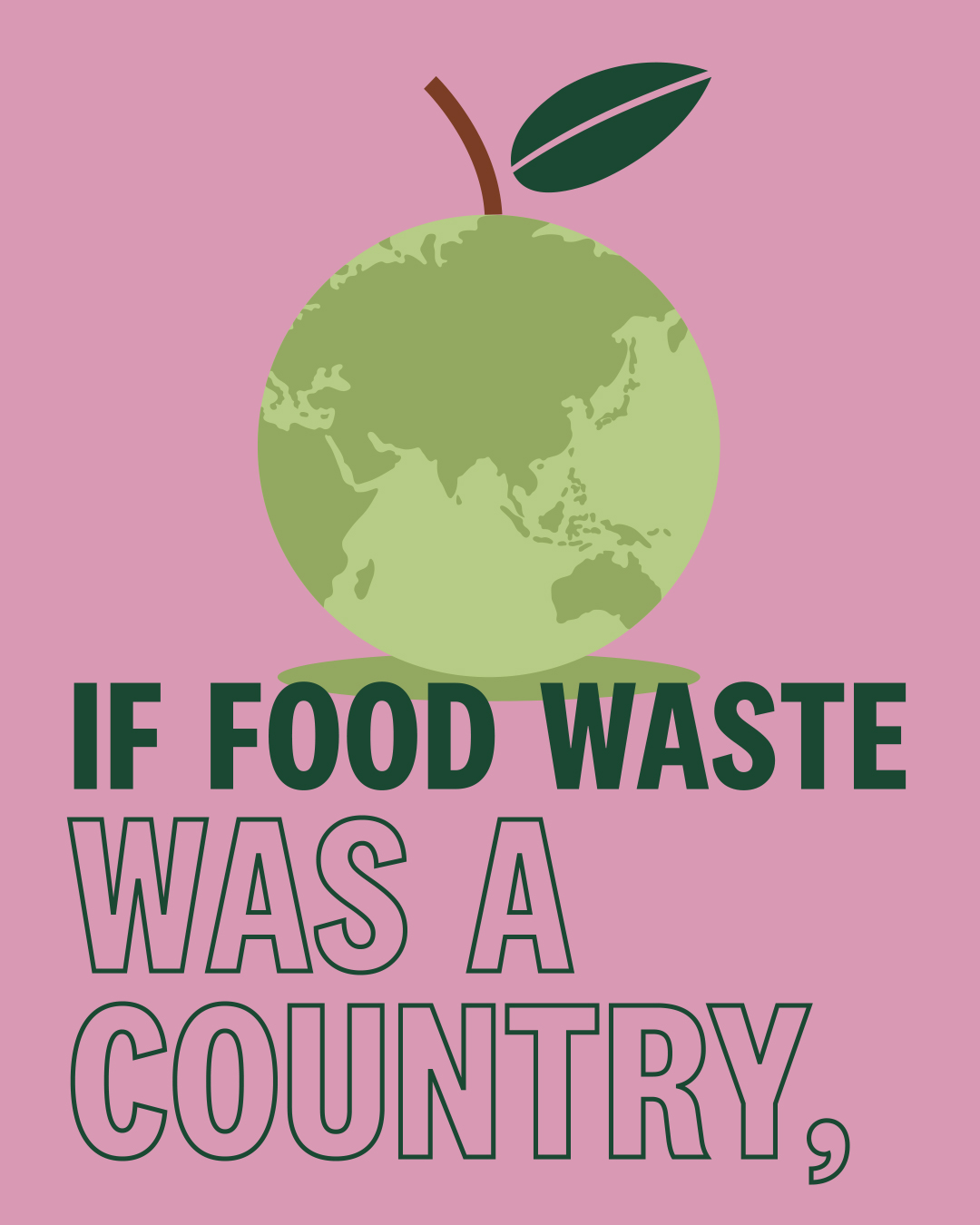Ngā kai
Food
Making sustainable choices around the food we eat, where it comes from and how it’s produced can be a powerful way to reduce our carbon footprint.
Food loss and waste generates around the same emissions as road transport globally. It’s more than four times the annual greenhouse gas emissions from aviation.
Auckland’s food system makes up 18 per cent of our consumption emissions. Consumption emissions come from food production, transport, processing and disposal to landfill.
Climate change will affect food production with longer periods of drought, more intense storms and flooding, and an increasing number of pests and diseases.
TE Ū O TĀ MĀTOU WHAI
OUR COMMITMENT
We need to restore, rejuvenate and replenish mahinga kai – our soils and systems that support food.
We seek to build a resilient, local, regenerative food system by:
-
Supporting food producers and manufacturers to reduce their carbon footprint and respond to climate risks.
-
Protecting our productive soils through land use planning and regenerative practices for soil health.
-
Supporting partnerships with communities, food growers and retailers to ensure that all Aucklanders have easy access to nutritious, affordable food with a low carbon footprint.
-
Ensuring that food systems thinking is embedded in decision making and policy development.
-
Reducing waste and using leftover food scraps to produce compost, fertiliser and energy.

Did you know?
Auckland Council sponsors composting workshops and discounts on home composting equipment to get you started.
Kerbside Food Scraps Service
In 2023, Council is rolling out a food scraps service for urban households in Auckland. Instead of going to landfill, these scraps will improve soil health and farming.
Up to 100,000 tonnes of food is disposed to landfill each year from our kerbside bins. This breaks down into methane – a potent greenhouse gas.
Food waste is a resource that can be used to create heat, energy, and fertiliser to grow food sustainably.
The food scraps bin is great for items that are difficult to compost at home such as meat and bones.
This service will divert up to 75,000 tonnes of food waste from landfill and reduce carbon emissions from waste by up to 250,000 tonnes of CO2-e per annum.
TE WĀHI KI A KOE
PLAYING YOUR PART
- Join an online or in-person composting workshop
- Get meal planning tips and recipes for reducing food waste from Love Food Hate Waste
- Take 5 minutes to calculate your carbon footprint with Future Fit
The Papatoetoe Food Hub shows what’s possible when community and government work together locally to tackle one of our toughest issues.”
Raju Ramakrishna, Food Hub Director Papatoetoe Food Hub
Rongorongo
News
Ngā whāinga mātāmua e waru
The eight priority areas
Natural Environment - Taiao māori
Restoring and replenishing the mauri (life essence) of Tāmaki Makaurau.
Built Environment - Taiao hanga
Planning lower carbon urban spaces, infrastructure and buildings.
Te Puāwaitanga ō te Tātai
Ensuring Māori communities are resilient, self-sustaining and prosperous.
Communities and Coast - Ngā hapori me te tahatai
Preparing our people for our changing climate and coastline in an equitable way.
Energy and Industry - Te ngao me te ahumahi
Creating a clean energy system that supports low-carbon lifestyles.